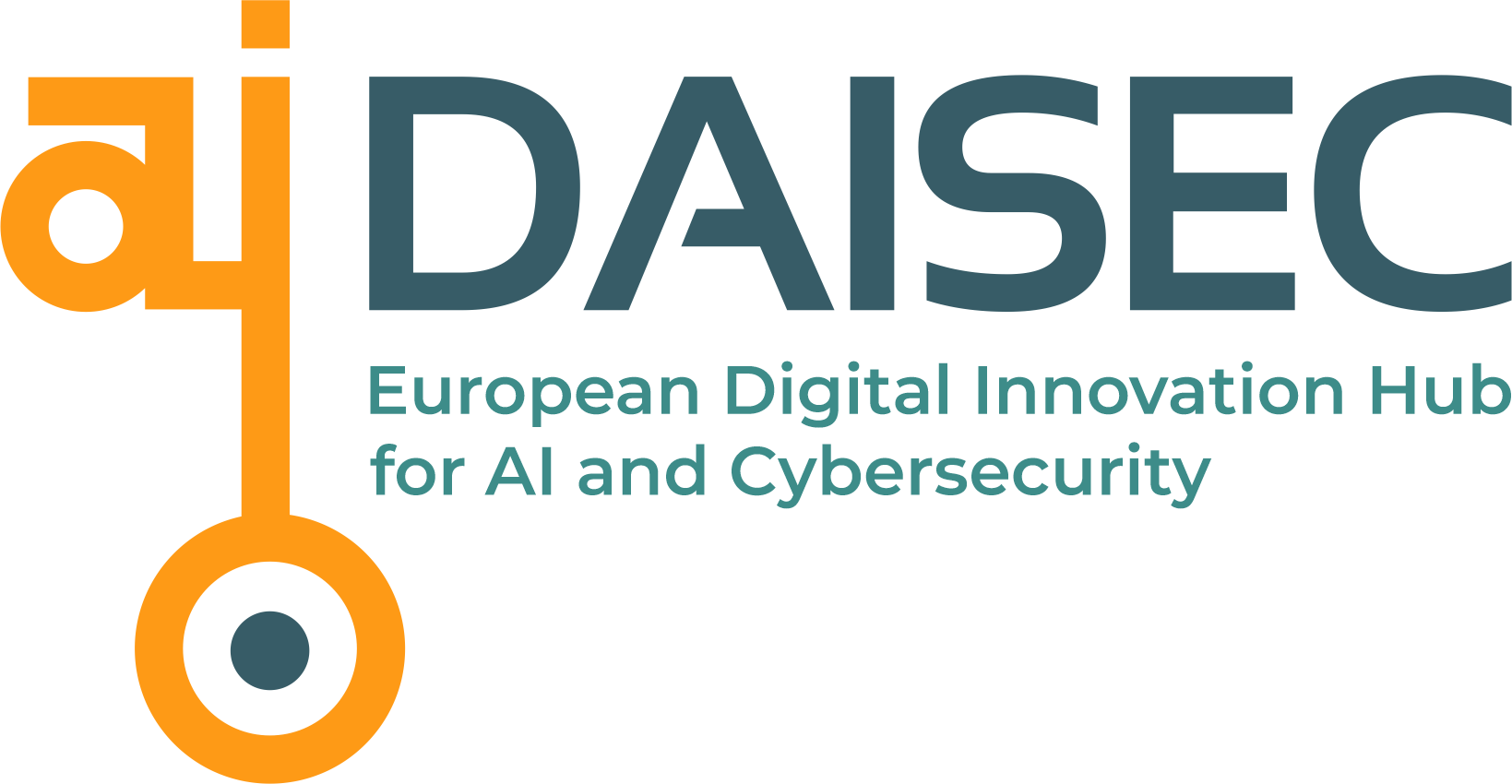Foto: ©visivasnc – stock.adobe.com
New Hub “DAISEC” to promote Digitalisation
Digitalisation is what everyone is talking about these days. But how can the necessary innovations be initiated and driven forward sustainably in companies and the public sector? The Digital Innovation Hub for Artificial Intelligence and Cybersecurity, DAISEC, coordinated by the L3S, helps to ensure that Lower Saxony companies have a low-threshold access to these promising digital technologies and offers a variety of services to this end.
Test before Invest: The DAISEC accompanies and supports the innovation process from the idea to the product – with technology scouting, requirements analyses, maturity analyses and technology consulting. In addition, the DIH partners provide demonstrators and infrastructure that make it easier for companies to test technologies, for example large computing capacities to try out complex AI algorithms.
Skills and training: In order to be able to develop and use new technologies in a company, the employees must be trained accordingly. The DAISEC offers a wide range of further education and qualification programmes for this purpose. In addition to the courses offered by the partner competence centres, this also includes courses offered by research partners.
Support to Find Investments: With its partners from the regional economic development agencies (NBank, hannoverimpuls, EEN), the DAISEC helps companies not only to find suitable financing instruments for innovations, but also to find suitable project partners for national and European research and development applications.
Networking: In workshops, seminars and other events, the DAISEC offers companies the opportunity to present ideas, services or products and to network with other regional actors. Thanks to the broad spectrum of associated and supporting partners, including Lower Saxony’s chambers of industry and commerce and chambers of crafts, the DAISEC can draw on established structures.
The DAISEC focuses on three main application areas of artificial intelligence and IT security: production, mobility and crafts. The three areas each face specific challenges of digitalisation that are to be addressed with the help of the DAISEC.
Production
Germany – and Lower Saxony in particular – is one of the leading factory suppliers and one of the most important production locations worldwide. In recent years, production technology companies have been increasingly confronted with increasing process complexity and shorter product and innovation cycles. With the core partner Produktionstechnisches Zentrum Hannover and its affiliated Mittelstand-Digital Zentrum Hannover, the DAISEC has access to outstanding expertise and many years of experience in the field of intelligent production. The IIP-Ecosphere project is building an intelligent production ecosystem to make AI more easily accessible for SME industry and to accelerate AI projects. And it shows how solutions for smart data-based production are developed and deployed in close cooperation between science and industry.
Mobility
The mobility sector is undergoing fundamental change. The main drivers: the electrification of drive systems, alternative energy sources, significantly changed business models and digitalisation. In Lower Saxony, more than 200 small and medium-sized enterprises in the mobility industry are facing the challenge of helping to shape this change. The DAISEC core partner Niedersächsisches Forschungszentrum für Fahrzeugtechnik (NFF) and the L3S are researching the scientific foundations and developing intelligent digital technologies for the mobility of tomorrow – from driver assistance systems to the optimal placement of charging stations for e-vehicles. In order to be able to test new technologies, a complete vehicle simulator is available at the NFF as a demonstrator and test platform. Not only scientists but also companies can test new developments in the laboratory for safety and efficiency. This saves costs and avoids legal problems because a complete vehicle does not have to be equipped and tested in a real traffic environment. Another DAISEC highlight in the field of mobility: the AutoMoVe innovation network. The partners are developing an autonomous vehicle that is intended to be used in a very flexible way: from internal goods transport to passenger transport in regular traffic.
The Skilled Crafts Sector
The skilled crafts sector may not immediately spring to mind when thinking about digitalisation and the use of AI technologies, and yet here too, new challenges have emerged in recent years that can only be mastered with digital technology. The demand is growing accordingly. The realignment of a company’s own business model or the increase in efficiency with the help of digital tools play a major role here. The Heinz Piest Institute for Craft Technology (HPI), another core partner of the DAISEC, has been supporting the digital modernisation of craft enterprises for many years. With its approximately 83,000 businesses, the skilled crafts sector is an important economic factor in Lower Saxony and therefore also a focus of application for the DAISEC. One example of the transfer of know-how and intelligent technologies to the craft environment is the AI workshop.
Data security
Data security and the responsible use of data and new technologies play an important role in all three of the above-mentioned fields of application of digitalisation. The Helmholtz Centre for Information Security CISPA researches methods that ensure the security of data. With its new branch in Hanover, it is part of the DAISEC. To accelerate the transfer of the developed technologies into practice, CISPA supports start-ups in the field of cyber security with the StartUpSecure programme.
A prerequisite for the use of AI should be that it does not make problematic decisions. At L3S, scientists are researching in several projects how AI can be used responsibly. The European doctoral programme NoBias deals with the avoidance of biases that AI algorithms adopt from available data, for example.
To ensure that as much data as possible is available for intelligent applications according to European standards, a new project is being launched at the L3S and the TIB – Leibniz Information Centre for Science and Technology: FAIR Data Spaces is developing a common cloud-based data space for industry and science in compliance with the FAIR principles: Findable, Accessible, Interoperable, Reusable.
On the Way to the EDIH
“We plan to significantly expand and consolidate the activities and services of the DAISEC in the near future. An important component of this plan is the application for European Digital Innovation Hub status, which allows for seven years of co-funding from the EU of up to one million euros per year, in addition to national self-funding,” says L3S scientist Dr. Daniel Kudenko, who coordinates the Hub. In the first application phase, the DAISEC was already shortlisted as an EDIH candidate. The (E)DIH is to find a spatial home in the projected Digital Innovation Campus in the northern part of the city.
Contact

Dr. Daniel Kudenko
Daniel Kudenko is a research group leader at L3S and coordinator of the Digital Innovation Hub for AI and Cybersecurity.



